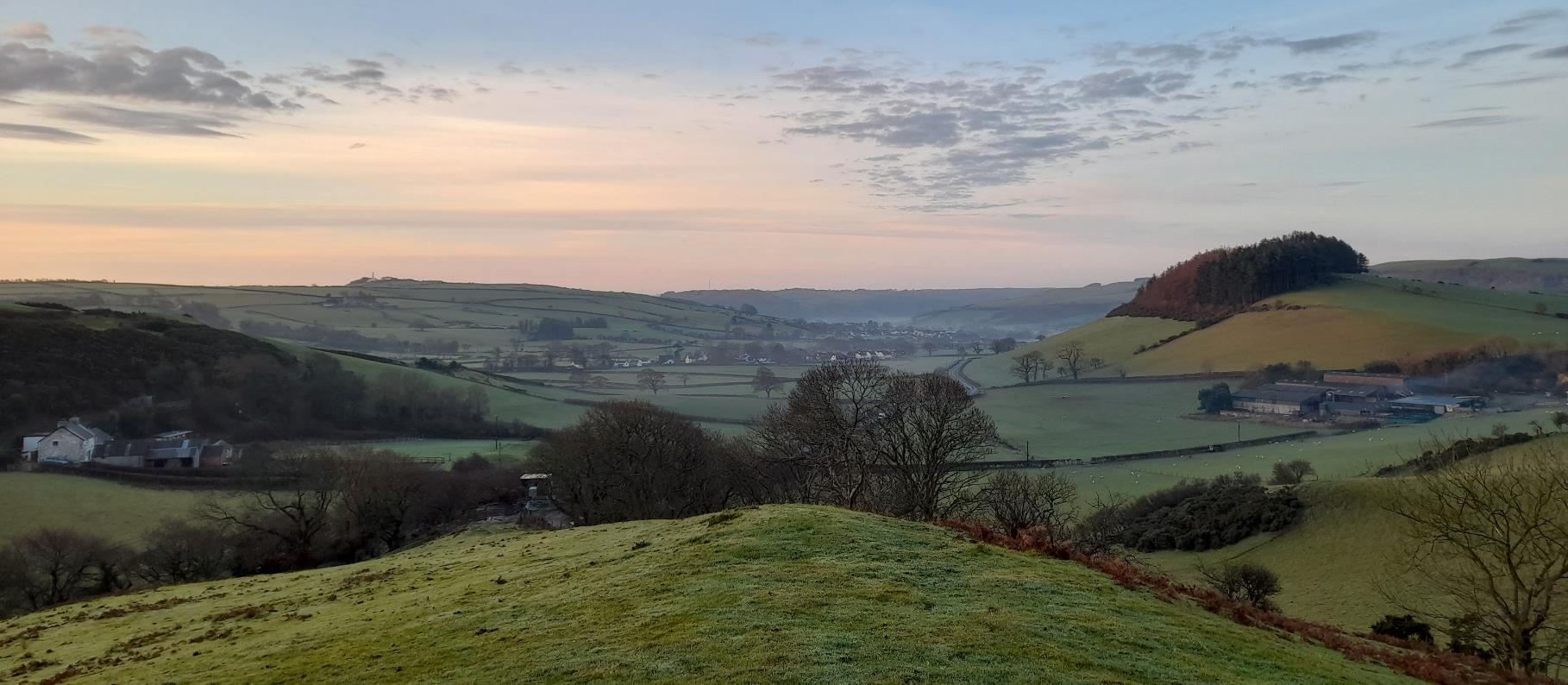
1 minute read
GRASSROOTS CLIMATE ACTION: COMMUNITY ASSEMBLIES ON THE CLIMATE
Taking action at the local level is critical to addressing the multiple impacts of climate change.
GwyrddNi - a collaboration of community-led social enterprises and community energy groups in Gwynedd – is working to achieve precisely this. They are seeking to tackle climate change from the ground up through communitylevel Assemblies which provide opportunities for people to discuss and formulate Action Plans identifying each community’s priorities. Recently, Thora Tenbrink and Grant Peisley of Datblygiadau Egni Gwledig were awarded funding (LCEE Catalyst Fund), to conduct research on these community engagements.
The aims of this research were to identify the issues surrounding climate engagement and the attempts to solve them. The research found new evidence of the ways in which local communities discussed climate action alongside their sense of heritage and belonging. Protecting the natural environment often translated into protecting their ‘home patch’, the place they love and the culture and communities that it sustains. This research was delivered by Bangor’s Places of Climate Change Research Centre (PloCC) and developed understanding of notions of sense-of-place in relation to climate change. It highlighted that, while climate change may happen at the planetary scale, it is felt locally - in the places where we live and to which we feel attached.
The Assembly process not only corroborated academic theory - that collective deliberation and discussion between citizens produces ‘better’ decisions - but also highlighted the wealth of knowledge within each community: with participants identifying issues, as well as place-based solutions. In one group’s action plan they noted the need to identify and map habitats, to support the flourishing of species in the right places for biodiversity, flood management and food production, and to create a patchwork of responses suited to place. This discussion addressed the ‘what’ as well as the ‘how’: with the group identifying some of the next steps required in order to achieve these aims. This included distinguishing key and invasive species within the locality, the possibilities surrounding the creation or restoration of wet areas, and to find partners (volunteers, landowners, custodians or others) to work together on realising the plans.
These action plans will be realised through Phase II of GwyrddNi and there will be new opportunities to get involved and take part. For more information please contact Sofie Roberts cop402@bangor.ac.uk. If you’d like to become involved with the PloCC, please see members’ contacts via the collaborator finder






